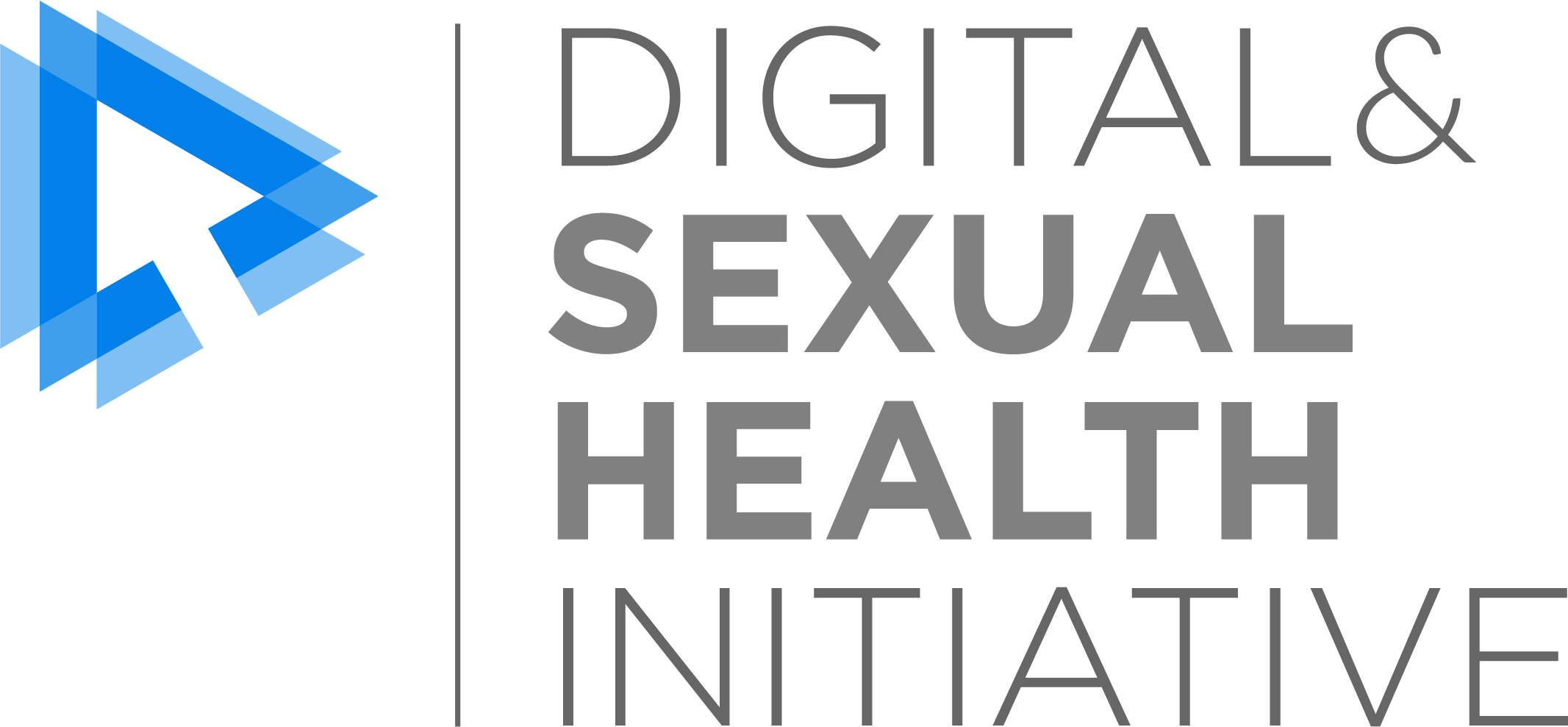Interest in alternative sexual health service delivery methods during the COVID-19 pandemic in British Columbia
Research theme(s)
Digital Health; Internet Based Testing
Aidan Ablona, Hsiu-Ju Chang, Gina Ogilvie, Troy Grennan, Jason Wong, Travis Salway, Devon Haag, Heather Pedersen, Sophie Bannar-Martin, Geoffrey Ford, Daniel Grace, Catherine Worthington, Mark Gilbert.
CAHR 2021 Virtual, May 5-7, 2021
In response to the COVID-19 pandemic, sexual health services have begun to adapt alternative service delivery methods that reduce in-person contact (e.g., telemedicine, virtual health). We sought to understand interest in alternative service delivery methods among BC sexual health service clients during the pandemic.
We used data from an online anonymous survey administered from 21/07/2020-04/08/2020 to clients (≥16 years old) who had used the BC Centre for Disease Control’s sexually-transmitted infection (STI) clinic and/or the GetCheckedOnline testing service in the year prior to COVID-19 public health responses (03/2020). We described participants’ likelihood of using alternative sexual health service delivery methods (if available), and conducted bivariate analysis to examine its association with experiencing any sexual health service access barrier during the pandemic.
Of the 1198 survey participants (aged 17-76 years), 48% identified as men, 47% as women, and 5% as another gender; 71% identified as White, 24% as racialized minorities, and 4% as Indigenous. Support for using alternative STI testing models was high overall, with 88% likely to use at-home self-collection kits and 79% likely to use an express testing model (i.e., phone/video triage prior to specimen collection at a clinic). More participants were likely to discuss sexual health with a health care provider over the phone (64%), compared with video visits (53%) and text (49%). Text messaging to receive STI test results and reminders were of high interest (71% and 63% likely to use, respectively). Likelihood of using alternative service delivery methods did not differ by participants’ experience of access barriers, where 66% of total participants reported having avoided/delayed seeking services during 03/2020-07/2020.
Likelihood of using alternative methods of sexual health service delivery was high, even among participants who did not avoid/delay seeking services. Sustaining and expanding such services would facilitate access during and beyond the COVID-19 pandemic.
